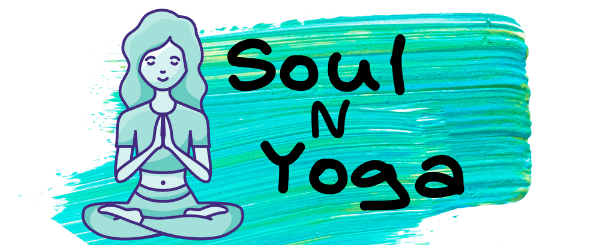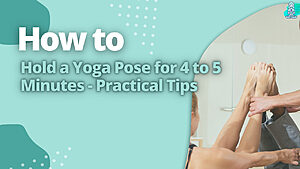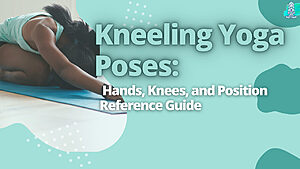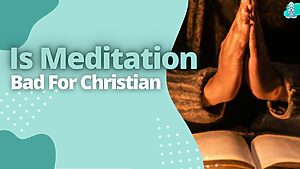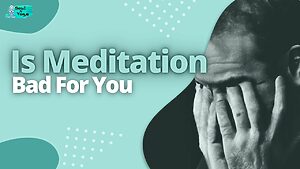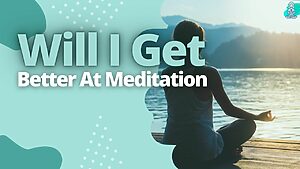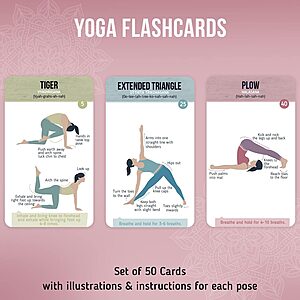No, meditation isn’t bad for you. It has many mental and physical benefits, such as reducing stress, improving focus and concentration, and increasing self-awareness. Regular meditation can also reduce the risk of certain illnesses like depression and anxiety.
Feeling overwhelmed by the endless responsibilities? Meditation is a great way to ease stress, but you might wonder if it’s safe for your mental health.
To learn more about the dangers associated with practicing meditation, continue reading this blog post.
Key Takeaways
- Meditating has many beneficial effects, such as reducing stress and improving mental clarity.
- However, meditation can also have some drawbacks, such as causing anxiety or depression in some people.
- It is important to practice mindful and safe meditation techniques, which include being conscious of one’s physical and mental limits.
- People prone to panic attacks or other psychological issues should consult a professional before starting a meditative practice.
- Meditation is not bad for you if practiced responsibly and with safety precautions.
Here’s The Answer To Is Meditation Bad For You

Meditation is an intentional, self-regulated practice used to increase awareness and relaxation.
Although meditation has been practiced for centuries and has numerous advantages, it’s crucial to be aware that it can occasionally be harmful as well.
The most common danger of meditation is that it can cause confusion and disorientation when practiced without proper guidance or instruction.
Finding a qualified teacher who will provide the right guidance before attempting any type of meditation is imperative.
Additionally, those with mental health conditions such as anxiety or depression should consult their doctor before beginning any mindfulness practice.
My own experience has taught me how powerful regular meditative practices can be for calming my mind and helping me cope with difficult situations in life. I would highly recommend that anyone interested in exploring the art of stillness consider it a try.
Common Misconceptions About Meditation
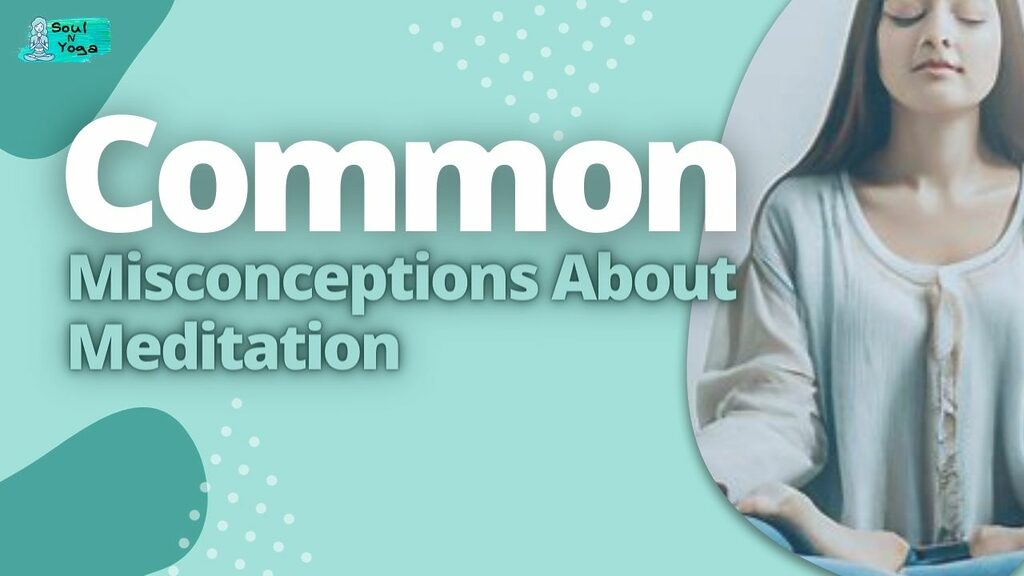
Meditation has many misconceptions surrounding it. It is often seen as a spiritual practice or something that takes a long time to properly learn and understand.
Meditation is a self-help technique anyone can use to relax the mind and body.
The Benefits Of Meditation For Mental And Physical Health
The benefits of meditation for mental health are well-documented.
Many people use it to reduce stress, increase concentration, improve moods and emotional well-being, and even gain insight into their subconscious minds.
Similarly, physical health can be improved by meditating daily. This includes:
- Reducing anxiety levels
- Strengthening the immune system
- Improving the respiratory rate
- Improving sleep quality
Why Misinformation About Meditation Is So Prevalent
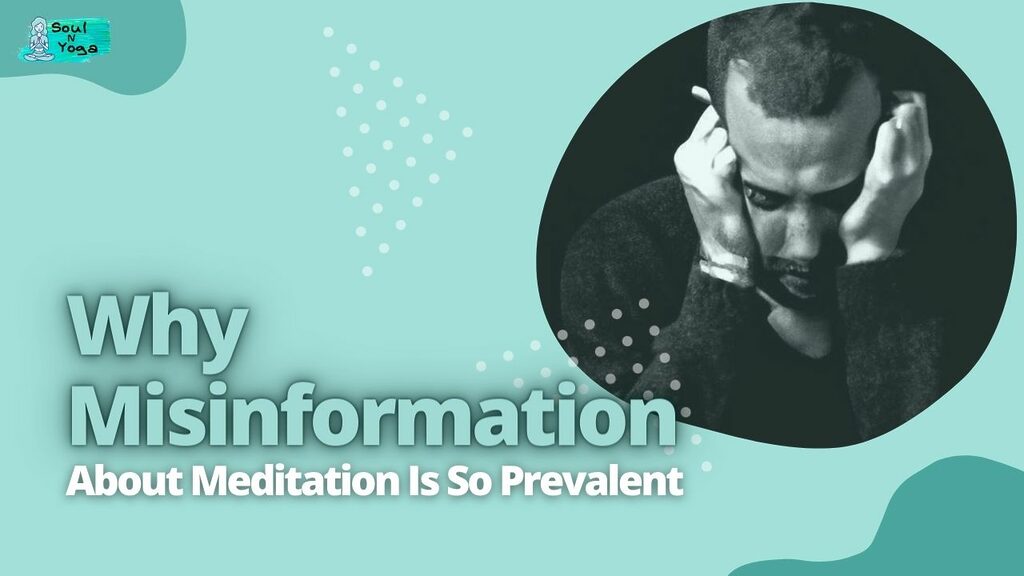
Unfortunately, there are many myths about meditation that may lead some people away from trying it out or continuing their practice.
These myths include thinking you have to join an expensive class or group to reap the rewards of meditation and believing that it will make one overly spiritual or “woo woo” when in reality, mindfulness meditation is simply focusing on your thoughts without judgment or attachment.
Potential Risks Of Incorrectly Practicing Meditation Techniques
If done incorrectly or if practiced too intensely without proper guidance from an experienced teacher, then some risks associated with improper mediation practices can occur, such as:
- Increased feelings of anxiety
- Heightened levels of distraction
- Difficulty concentrating due to overstimulation.
Additionally, someone with unresolved trauma may find themselves re-experiencing pain during certain types of meditations.
How To Avoid The Negative Side Effects Of Improper Meditation Practices
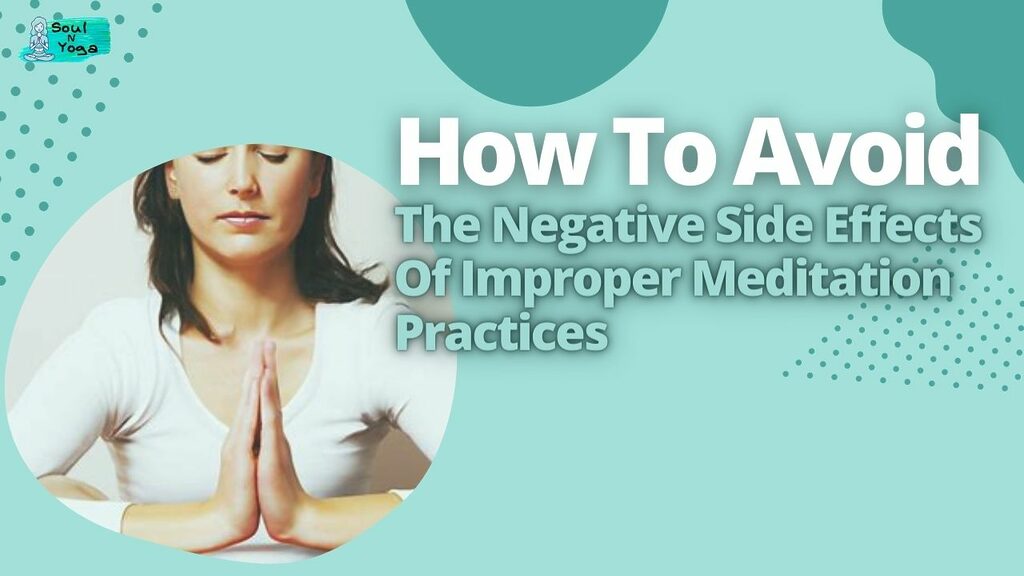
When starting meditation, beginners should go slowly. It’s best to get used to the basics before trying advanced techniques like chakras, yoga, or guided meditations.
Set up a distraction-free environment for your practice. This will help you focus and prevent feeling overwhelmed.
Remember to take breaks during long sessions to avoid negative side effects such as overwhelming emotions or fatigue.
Tips For Safe And Effective Meditation Practices
When practicing mindfulness meditation, focus on breathing exercises. Observe any distracting thoughts, but do not attach yourself emotionally.
Scan through your body to notice any areas of tension and release them into relaxation. Be kind and gentle towards yourself throughout the process.
Consider using the Vipassana style, which encourages observation instead of controlling the mind.
This creates a safe and effective method for achieving peace of mind and improved physical health benefits over time.
Summing Up
I hope this article has offered some clarity on the debate about whether meditation is bad for you or not.
While there may be a few risks to consider, the overall benefits of meditation far outweigh them – as long as it is approached with caution.
So if you’re considering incorporating meditation into your daily routine, I recommend trying it.
If you want to learn more, keep an eye on our website for other articles related to mindfulness and meditation practices, or follow us on social media, where we will have plenty of updates and tips.
Let’s join in together on the journey towards inner peace.
My name is Mugen Seki, and I’m a painter and yoga enthusiast who is passionate about bringing together art and exercise in ways that help people connect with their inner selves. When I’m not painting, I’m practicing yoga. And when I’m not doing either of those things, I’m usually thinking about them.
- How to Hold a Yoga Pose for 4 to 5 Minutes – Practical Tips
- A Guide to Finding the Perfect Yoga Mat for Carpet Floors
- Kneeling Yoga Poses: Hands, Knees, and Position Reference Guide
- Is Meditation Bad For Christians (The Surprising Answer)
- Is Meditation Bad For You (Don’t Believe Everything)
- Will I Get Better At Meditation (Understand The Secret)
